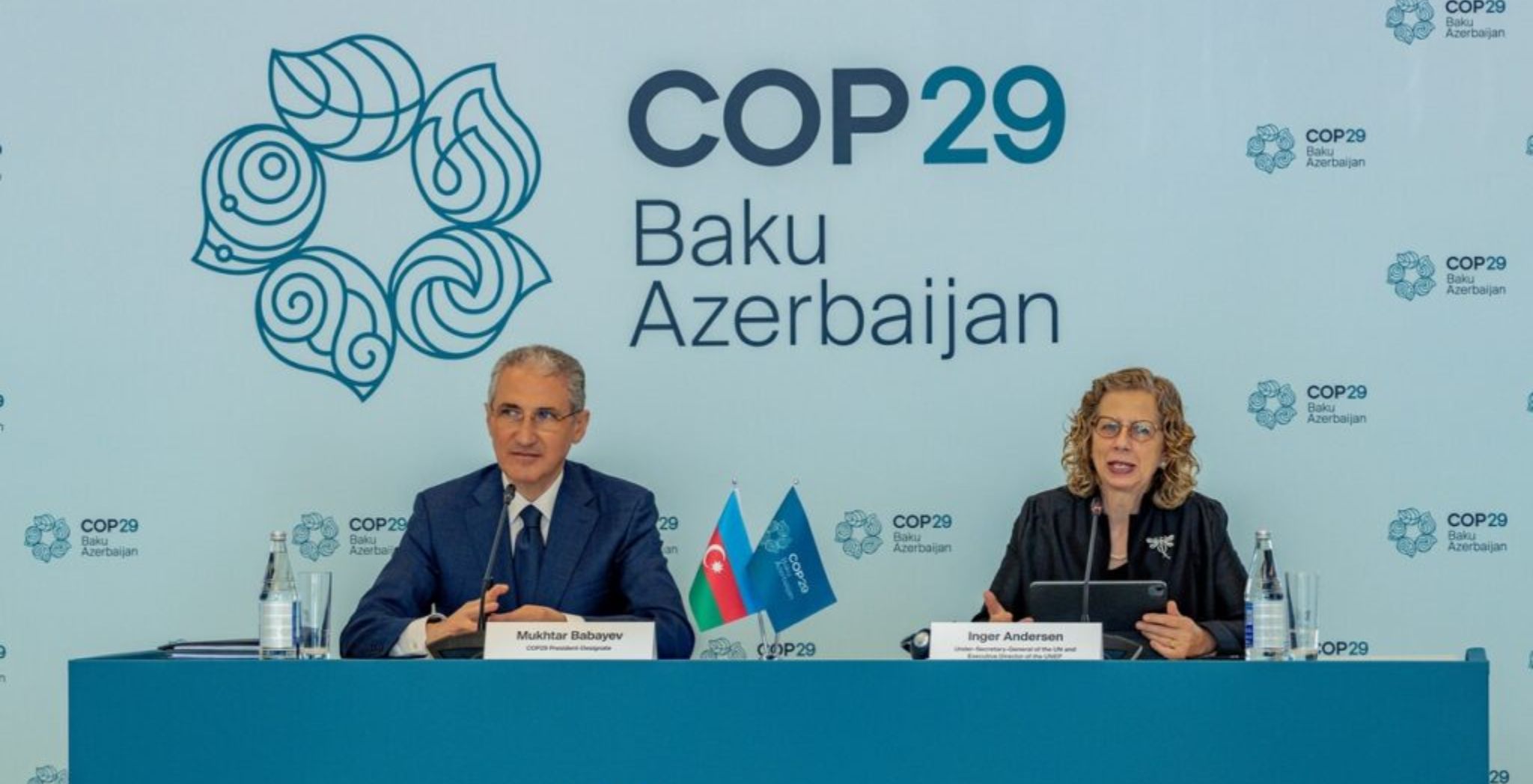Abstract:
The G20’s failure to explicitly endorse a transition away from fossil fuels in its leaders’ statement from Rio has thrown COP29 negotiations in Baku into uncertainty. With the recent election of Donald Trump—whose campaign focused on boosting oil and gas—climate ministers and negotiators fear progress on phasing out fossil fuels could stall. The absence of a clear directive contrasts sharply with last year’s COP28 agreement in Dubai, where almost 200 nations pledged to shift energy systems by 2050.
Key Highlights:
- No direct mention: The G20 reaffirmed support for COP28 outcomes but omitted explicit backing for a fossil fuel phase-out, frustrating negotiators at COP29.
- Political headwinds: Trump’s election and Argentina’s withdrawal from talks, led by pro-oil President Javier Milei, have added to the tensions.
- Global divide: Saudi Arabia and other nations reportedly influenced the statement’s wording, while G7 nations failed to restore crucial text.
- Host country stance: Azerbaijan, led by President Ilham Aliyev, has championed oil and gas, further complicating the discussions.
- Finance focus: The G20 emphasized climate finance reforms, but experts argue this effort is undermined by its fossil fuel stance.
- Fractured leadership: Critics blamed poor coordination from Brazil, the G20 summit host, and inexperience among some government aides.
With negotiators scrambling to regain momentum, COP29 highlights the fragility of global consensus on combating climate change.

